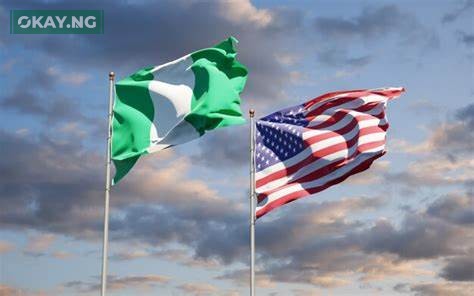A recent report reveals a significant surge in trade between the United States and Nigeria, with US imports of Nigerian goods reaching a substantial $643 million within just two months. This figure underscores the strengthening economic ties between the two nations and highlights the growing importance of Nigeria as a key trade partner.
The data, compiled from official trade statistics, indicates a robust flow of goods, primarily in the energy and agricultural sectors. The consistent demand from the US for Nigerian products points to a stable and potentially expanding trade relationship.
“The numbers reflect a clear and consistent demand for certain Nigerian goods within the US market,” stated a trade analyst, who prefers to remain anonymous due to the sensitive nature of the information. “This level of import activity is indicative of a matured and mutually beneficial economic relationship.”
This trade activity supports the notion that even in a globally volatile economy, bilateral trade can thrive when built upon strong foundations. The impact of this trade activity reaches beyond mere statistics. It effects the livelihoods of many Nigerians, from those working in the oil fields to farmers cultivating cash crops.
The surge in imports also raises questions about the overall trade balance. While the $643 million figure represents a considerable inflow of Nigerian goods into the US, the reciprocal flow of US exports to Nigeria also plays a crucial role in the overall trade picture. Determining the net impact requires a deeper analysis of the full trade data.
The future of US-Nigeria trade appears promising, with potential for further growth in diversified sectors. However, maintaining this momentum will require continued efforts to address trade barriers, promote investment, and enhance economic cooperation.
Key factors contributing to this trade growth include:
- Energy Sector: Nigeria’s significant oil reserves remain a crucial export to the US.
- Agricultural Products: Increasing demand for Nigerian agricultural goods in the US market.
- Strengthening Bilateral Relations: Ongoing diplomatic and economic initiatives aimed at fostering trade.
It is critical to note that for this trade relationship to continue to grow, that both countries must work on sustainable and ethical trade practices. This will ensure that the people of both nations benefit from this trade relationship.
Further analysis of the complete trade data and ongoing economic trends will provide a more comprehensive understanding of the long-term implications of this trade surge.










